How to Choose the Right EV Charging Solution for Your Home and Business
As electric vehicles (EVs) continue to gain popularity among consumers and businesses alike, the importance of selecting the right EV charging solution has become increasingly crucial. Whether you're a homeowner looking to embrace the eco-friendly benefits of an electric car, or a business aiming to cater to the growing number of electric vehicle users, understanding the various EV charging options available can significantly impact your experience and efficiency.
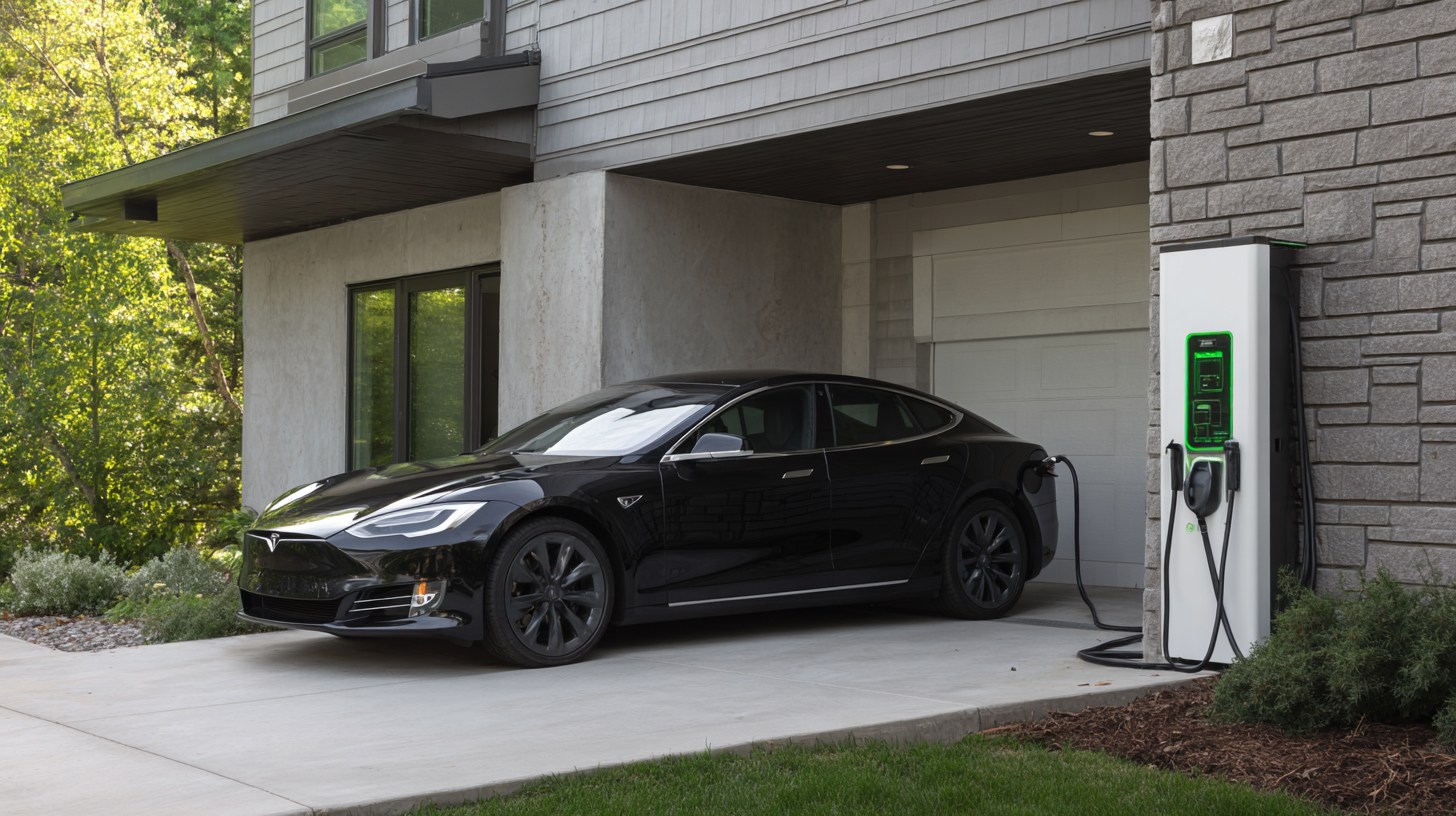
This guide will explore the essential factors to consider when choosing an EV charging solution, including charging speed, installation requirements, compatibility with your vehicle, and cost-effectiveness. By making an informed decision about your EV charging setup, you can ensure that you are well-equipped to meet your charging needs and contribute to a sustainable future.
Understanding Different Types of EV Chargers: Level 1, Level 2, and DC Fast Charging Options
When choosing the right EV charging solution for your home or business, understanding the different types of chargers available is crucial. The most common types are Level 1 and Level 2 chargers, along with DC Fast Charging options. Level 1 chargers, typically using a standard 120-volt outlet, are ideal for overnight charging at home. They work well for those who drive electric vehicles with shorter ranges, as they provide a slow but steady charge, typically adding about 4 to 5 miles of range per hour.
On the other hand, Level 2 chargers operate on a 240-volt system and offer a significantly quicker charging experience. They can add approximately 25 to 30 miles of range per hour, making them suitable for both home installations and commercial settings, such as workplaces or shopping centers. For rapid charging needs, particularly in public charging stations, DC Fast Chargers are the recommended choice. These chargers can replenish an EV's battery to about 80% in as little as 30 minutes, catering to drivers on the go. Selecting the appropriate charging solution depends on factors such as daily driving habits, available installation infrastructure, and the types of EVs being charged.
Comparison of EV Charger Types
Evaluating Your Home and Business Electrical Capacity for Optimal EV Charging Solutions
When considering the optimal electric vehicle (EV) charging solutions for your home and business, evaluating your electrical capacity is essential. Understanding your current electrical system can help you determine how many charging stations you can support, the required power output for each station, and whether you need to upgrade your infrastructure. For home users, the decision often revolves around standard household circuits versus dedicated charging outlets, which can significantly affect charging speed and efficiency. Business owners must assess both the existing electrical load and potential future requirements stemming from increased EV usage.
Additionally, adopting intelligent charging strategies can enhance efficiency and minimize grid impact. As highlighted in recent studies, the integration of dynamic charging systems presents a forward-thinking approach that can alleviate some of the stress on electrical grids, especially in urban areas experiencing rapid EV adoption. By conducting comprehensive power assessments, both residential and commercial users can tailor their charging solutions to fit their specific needs, ensuring that they can support the transition to electric mobility effectively and sustainably.
How to Choose the Right EV Charging Solution for Your Home and Business - Evaluating Your Home and Business Electrical Capacity for Optimal EV Charging Solutions
| Charging Solution | Charging Speed (kW) | Home Electrical Capacity (kW) | Business Electrical Capacity (kW) | Monthly Cost Estimate ($) |
|---|---|---|---|---|
| Level 1 Charger | 1.4 | 15 | 30 | 50 |
| Level 2 Charger | 7.2 | 20 | 50 | 100 |
| DC Fast Charger | 50 | 30 | 100 | 800 |
| Home Solar Charger | 7.2 | 15 | - | 75 |
| Workplace Charger | 22 | - | 80 | 200 |
Assessing Charging Speed Needs: Daily Commuting Versus Long-Distance Travel Requirements
When choosing the right EV charging solution for your home or business, it is essential to assess your charging speed needs based on your daily commuting habits versus long-distance travel requirements. For daily commuters, especially those with short distances to cover, Level 2 home chargers can be sufficient. These chargers typically provide a full charge overnight, ensuring that the vehicle is ready for the next day. However, it's essential to consider the available power supply and the vehicle's charging capabilities to optimize daily use.
On the other hand, for individuals or businesses that frequently undertake long-distance travel, fast-charging solutions become crucial. Level 3 chargers can rapidly replenish the battery, reducing downtime during travel. Analyzing user preferences for charging speed and infrastructure is vital; as EV adoption increases, understanding the nuances of charging patterns will ensure that both home and business solutions align with real-world usage.
By focusing on these factors, users can tailor their charging setups to meet their specific needs, ultimately enhancing the EV ownership experience.
Exploring Incentives and Rebates for Installing EV Charging Stations at Home and Business
When considering the installation of EV charging stations at home or in a business, it’s essential to explore the various incentives and rebates available. The US Department of the Treasury now offers a tax credit for EV chargers, making it beneficial for both individuals and businesses to check their eligibility. Many regions are providing financial support to make the adoption of electric vehicles more accessible, including specific programs in states like New York and incentives from energy providers in Florida.
Tips: Research local and state-level initiatives to maximize your savings. For instance, many utility companies offer incentives for off-peak charging, lowering energy costs while encouraging EV use. Additionally, don't overlook available rebates, such as those from governments that can significantly offset the initial investment.
Moreover, as electric vehicle sales continue to rise, various credit options are emerging that reward environmentally friendly purchases. Staying informed about these opportunities can enhance your savings while supporting a sustainable future. Being proactive in understanding these financial benefits can make a significant difference when choosing the right EV charging solution for your needs.
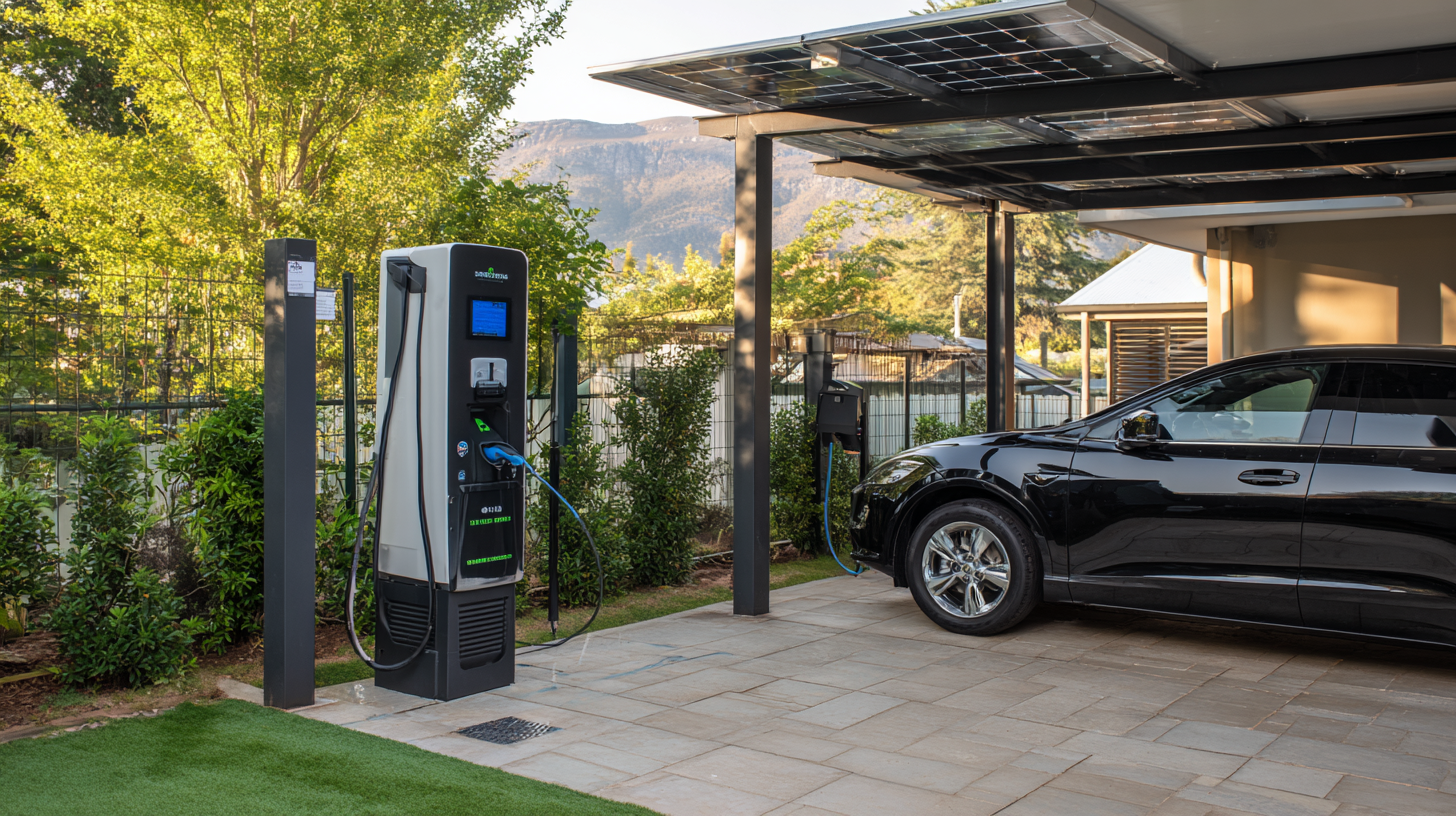
Comparing Smart Charging Features: Integration with Renewable Energy Sources and Apps
When considering the integration of electric vehicle (EV) charging solutions, one crucial aspect is smart charging features that allow for synchronization with renewable energy sources. According to a report by the International Energy Agency (IEA), the adoption of EVs is projected to reach 145 million by 2030, emphasizing the need for efficient and sustainable charging solutions. Homeowners and businesses must recognize the efficiency of charging systems that utilize solar panels or wind turbines, which can reduce reliance on the grid and lower electricity costs.
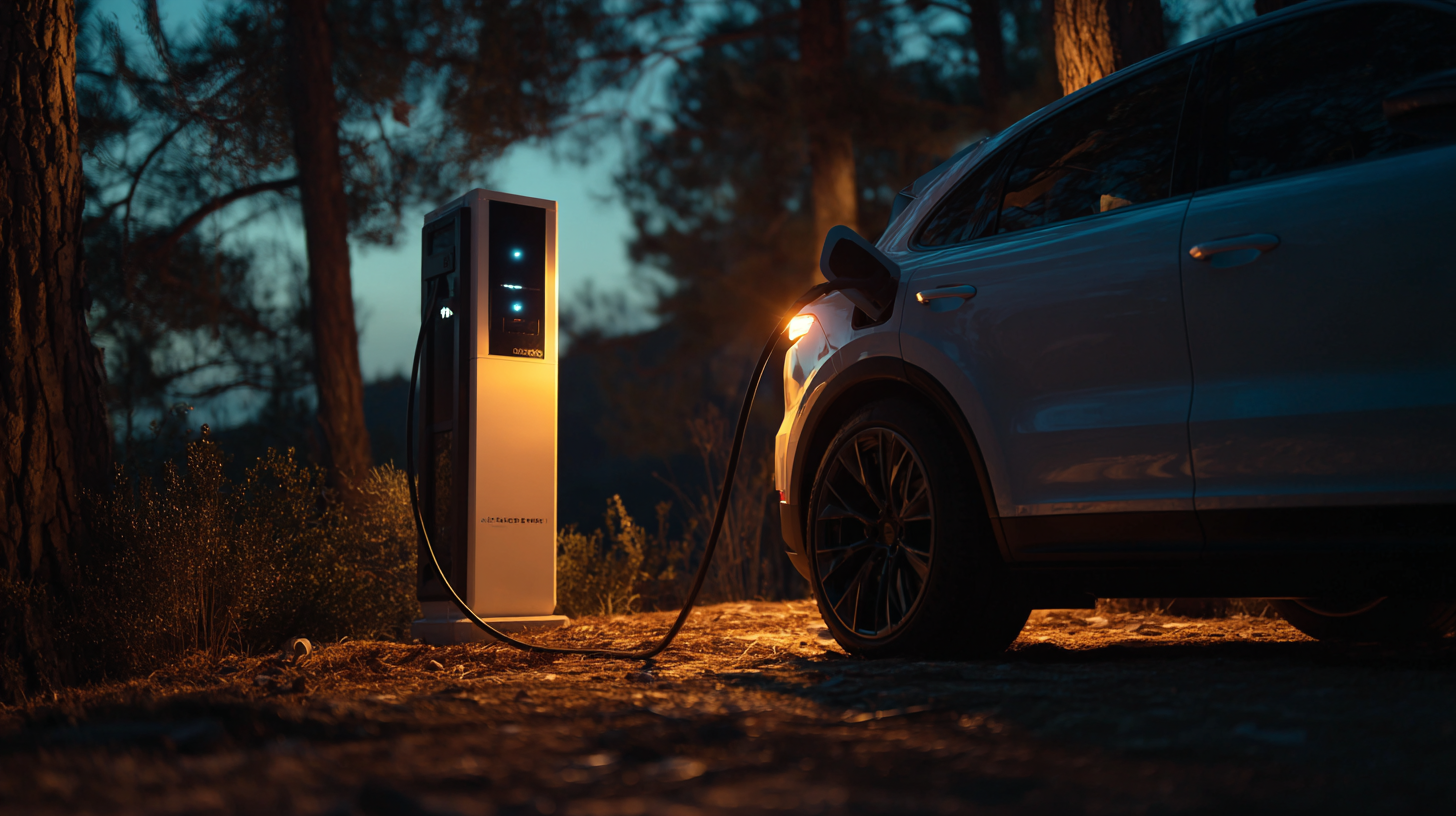
One of the key benefits of smart charging is the integration with mobile apps that provide real-time data monitoring and management. A study by Navigant Research indicates that 60% of consumers are more likely to adopt smart charging solutions if they have remote access features via a mobile app. These applications often offer scheduling capabilities to charge when electricity rates are lower, capitalize on surplus renewable energy, and even allow users to set their charging preferences based on peak and off-peak hours.
Tips: Consider investing in a smart charger that not only connects with your renewable energy systems but also provides app support for enhanced control. Additionally, look for chargers that offer features like demand response management or grid services, which can further optimize your charging strategy and provide additional savings to your energy bills.
Related Posts
-

Common Challenges Faced by Cities When Implementing Smart Street Lights
-

5 Essential Insights for Global Buyers on Sourcing Rail Light Solutions
-
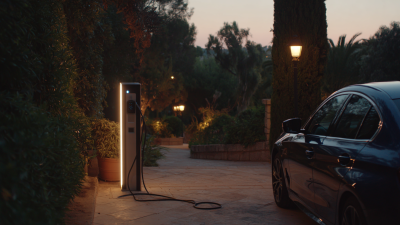
Top Strategies for Sourcing the Best 7kW Illuminated Bollard Charger Worldwide
-
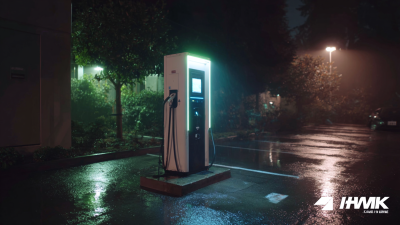
How to Choose the Best 7kW Illuminated Bollard Charger for Your EV Charging Needs
-

Solutions for Enhancing Safety and Efficiency with the Best Rail Light Technology
-

Comprehensive Specifications for LED Lighting: A Step-by-Step Guide for Global Buyers





